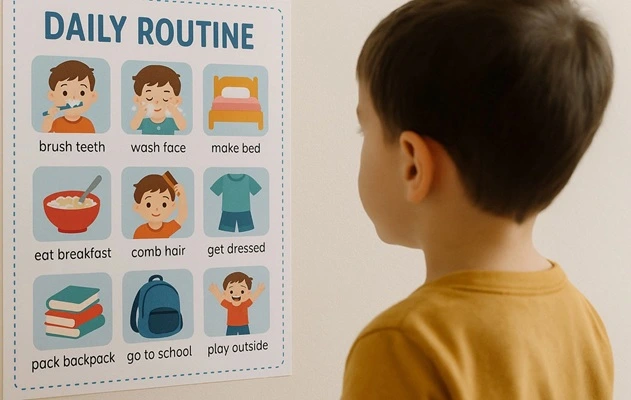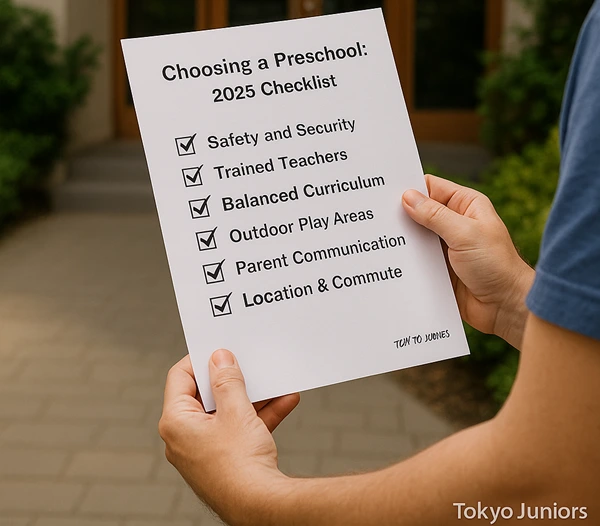A consistent daily routine is one of the best gifts you can give to a preschooler. At an age where the world feels big and unpredictable, routines create a sense of safety and stability.
1. Provides a Sense of Security
Children thrive when they know what to expect. Routines help reduce anxiety and make transitions — like saying goodbye at drop-off or winding down for bed — smoother and less stressful.
2. Builds Healthy Habits
Daily routines teach preschoolers when to eat, sleep, play, and clean up — reinforcing self-care and responsibility. Over time, these become lifelong habits that promote independence.
3. Improves Emotional Regulation
Structured days help children feel in control of their environment. When routines are consistent, children are less likely to feel overwhelmed and more likely to manage big emotions calmly.
4. Supports Better Sleep
Consistent bedtimes are directly linked to better sleep quality and behavior during the day. Following a regular sleep-wake cycle helps regulate their internal body clock.
5. Encourages Focus and Learning
Children are more receptive to learning when their bodies and minds are settled. With a predictable structure, they’re better prepared to engage in group activities, storytelling, and academic play.
6. Eases Transitions
Whether it’s moving from home to school or from playtime to mealtime, routines prepare children mentally for what comes next. This reduces tantrums and resistance.
How to Create a Healthy Preschool Routine
- Morning: Wake up, brush teeth, breakfast, get dressed
- Daytime: School, snack, play, lunch, quiet time
- Evening: Bath, dinner, storytime, bedtime
Use visual schedules, fun timers, or songs to make transitions easier for little ones!
Final Thoughts
Routines aren’t about rigidity — they’re about rhythm. A well-planned day helps preschoolers feel confident, cared for, and calm. Whether at school or home, consistent routines create the foundation for a happy, healthy childhood.



